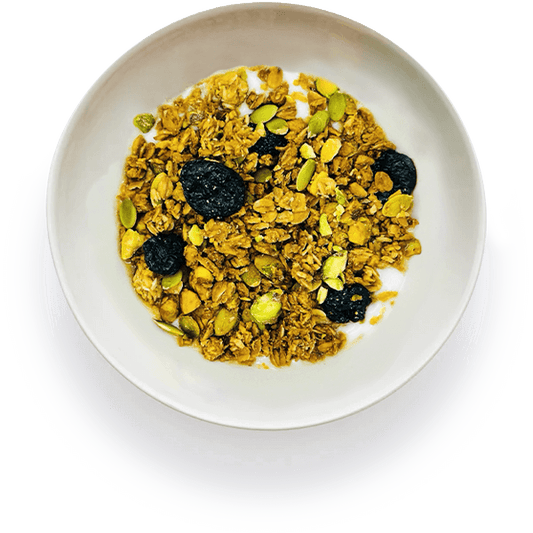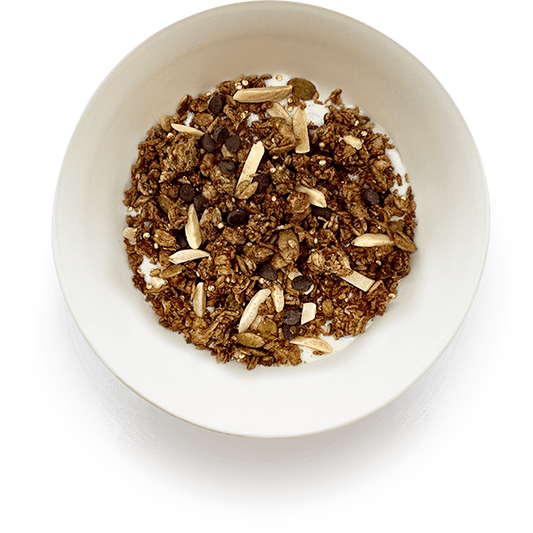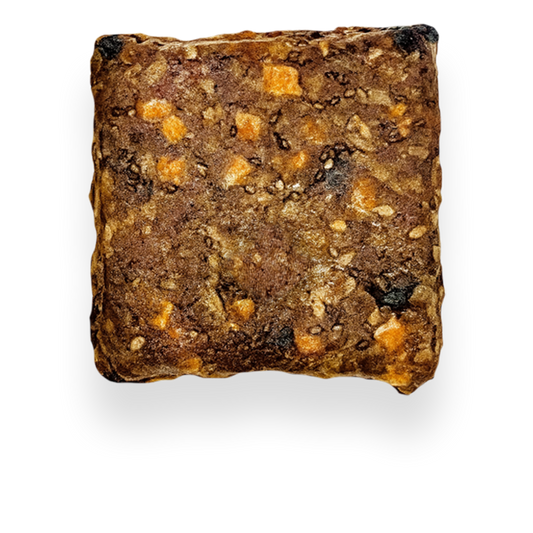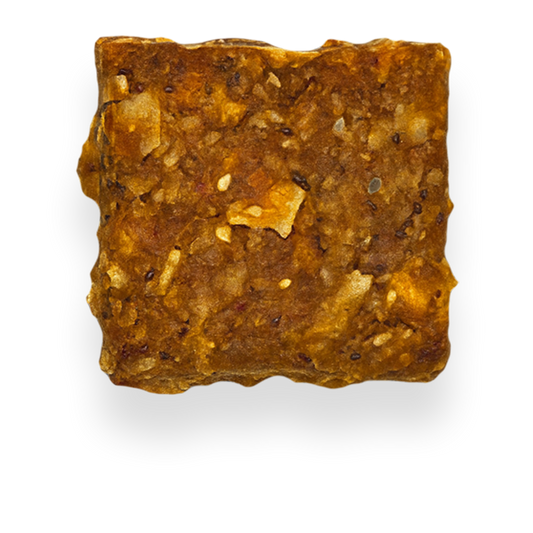Eat Clean and Save Green: Your Guide to Plant-Based Eating on a Budget
By FireRoad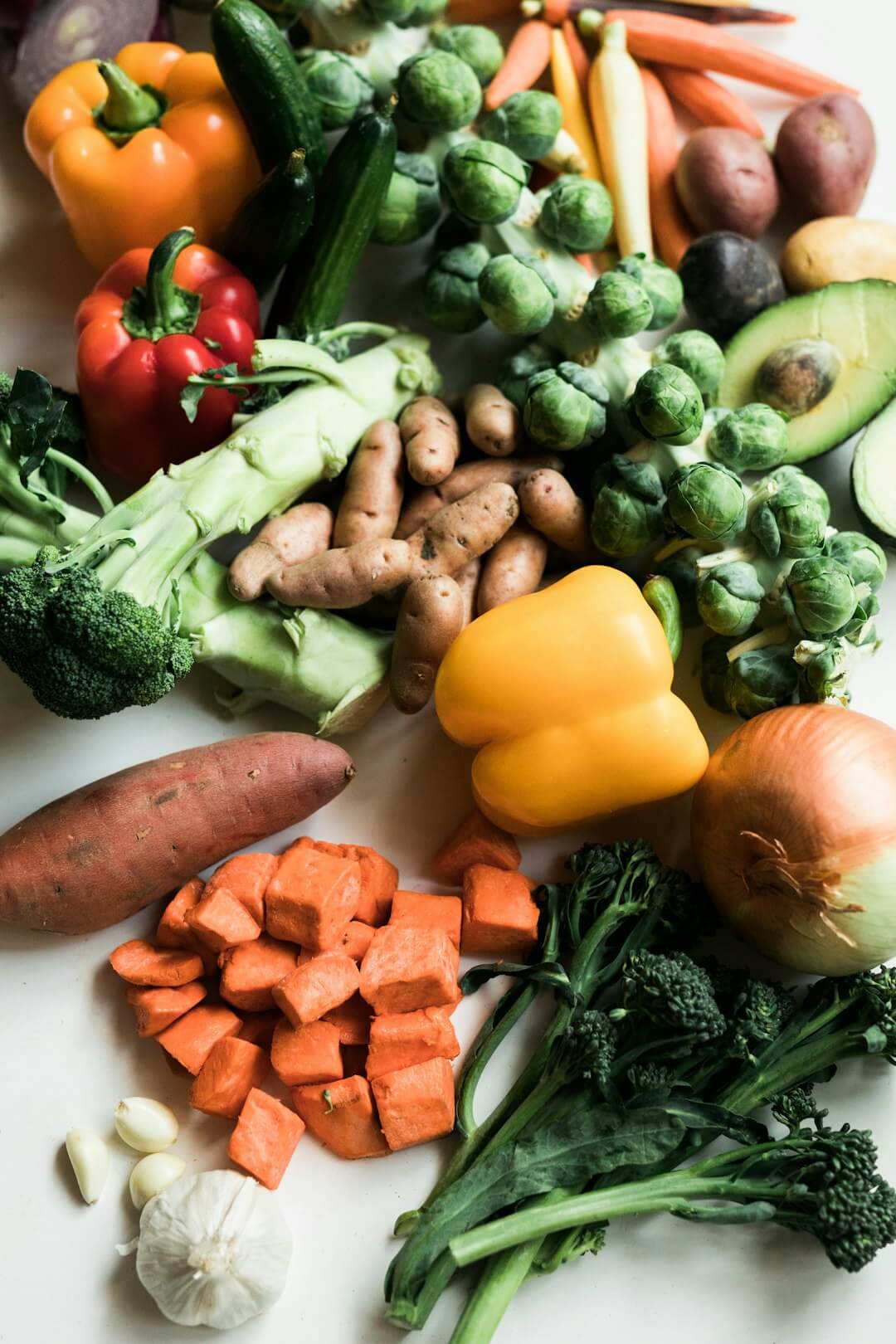
In recent years, there has been a significant shift toward plant-based diets. With their undeniable health benefits and positive impact on the environment, more people are choosing to embrace a lifestyle filled with fruits, vegetables, grains, and legumes. However, many are concerned that plant-based eating can be expensive. The good news is that you can maintain a nutritious diet without breaking the bank. In this article, we'll guide you through practical tips, recipes, and ideas to enjoy healthy, delicious meals while keeping your budget intact.
The Basics of Plant-Based Nutrition
Before diving into budgeting tips, it's essential to understand the fundamentals of a plant-based diet. A well-balanced plant-based diet can provide all the necessary nutrients your body needs, including:
- Protein: Essential for muscle repair and overall health, proteins can be obtained from legumes, lentils, tofu, and quinoa.
- Nutrients: Fruits and vegetables are packed with vitamins, minerals, and antioxidants necessary for optimal health.
- Healthy Fats: Incorporate avocados, nuts, and seeds for healthy fats that support brain function and hormone regulation.
Creating a Budget-Friendly Plant-Based Shopping List
The key to eating healthy on a budget is strategic shopping. A well-planned grocery list can save you money and keep your meals nutritious. Here’s what to include in your shopping list:
1. Whole Grains
Stock up on affordable whole grains like brown rice, oatmeal, whole wheat pasta, and quinoa. These are versatile bases for many meals and provide long-lasting energy.
2. Legumes and Pulses
Beans, lentils, and chickpeas are incredibly nutrient-dense and are fantastic sources of protein. They can be added to salads, soups, and stews, or even used to create delicious veggie burgers. Dried legumes are often cheaper than canned, so consider soaking them overnight before cooking.
3. Seasonal Vegetables and Fruits
Buying seasonal produce not only saves you money but also guarantees freshness and flavor. Visit your local farmer's market or buy from the bulk section to cut costs. Some great options to consider include:
- Carrots
- Sweet potatoes
- Spinach
- Broccoli
- Apples
- Bananas
4. Frozen Fruits and Vegetables
Frozen produce is often less expensive than fresh, especially when certain fruits and veggies are out of season. They are also picked at their peak ripeness, so you'll get maximum nutrients and flavor.
5. Nuts and Seeds
While they can sometimes be pricier, you can often find sales on nuts and seeds or buy in bulk to save money. A small amount goes a long way, and they're great for adding crunch and healthy fats to meals.
Meal Planning: Your Weapon Against Food Waste
Planning your meals in advance can save you money and ensure you are eating a well-rounded diet. Here are some tips:
1. Choose Simple Recipes
Opt for recipes that require minimal ingredients and can be made in bulk. Soups, stews, and casseroles are excellent options that only need a few staple ingredients to create a hearty meal.
2. Batch Cooking
Cook large quantities of items like grains, legumes, and vegetable-based dishes and freeze portions. This allows you to have healthy home-cooked meals at your fingertips and prevents the temptation to spend money on takeout.
3. Incorporate Leftovers
Repurposing leftovers can save both time and money. Use leftover grains and veggies in salads, wraps, or stir-fries. Get creative with your meals to keep things interesting while maximizing your ingredients.
Flavoring Your Dishes Without Extra Cost
How can a budget diet still be flavorful? Here are some ideas to elevate your meals:
1. Fresh Herbs and Spices
Investing in a few dried herbs and spices can transform an ordinary dish into a flavorful feast without adding much to your grocery bill. Think oregano, cumin, garlic powder, and nutritional yeast for a cheesy flavor.
2. Homemade Sauces and Dressings
Create your own sauces and dressings using ingredients like vinegar, soy sauce, garlic, and mustard. They'll add variety to your meals and keep things exciting without the cost of store-bought options.
3. Experiment with Cooking Techniques
Try roasting, grilling, or stir-frying your vegetables to bring out their natural sweetness and enhance flavor. The more you experiment, the more you'll discover what technique works best for each ingredient.
Gorgeously Green Snacks
Snacking on a plant-based diet doesn't have to be costly. Here are some healthy and budget-friendly snack ideas:
- Homemade Trail Mix: Combine your favorite nuts, seeds, and dried fruits.
- Veggies and Hummus: Cut up fresh vegetables and serve them with homemade hummus for a nutrient-packed snack.
- Popcorn: A whole grain that serves as a perfect air-popped snack. Sprinkle nutritional yeast for cheesy flavor!
Eating Out on a Budget
Dining out while maintaining a plant-based diet can be more challenging, but with some strategic planning, it can still be enjoyable. Here are tips for budget-friendly eating out:
1. Research Ahead
Before heading out, look online for menus or reviews of local restaurants. Many establishments offer plant-based options, making it easier to stick to your dietary preferences without overspending.
2. Share Dishes
If you’re dining with friends, consider sharing appetizers or entrees to try multiple dishes. This way, you get a variety of flavors without the burden of ordering separate meals.
3. Look for Deals and Specials
Many restaurants have midweek specials or discounts for vegetarian or plant-based meals. Sign up for newsletters and check social media pages to find any current promotions!
Growing Your Own Herbs and Vegetables
If you're looking to save even more, consider cultivating your own herbs and vegetables. Here’s how you can do that:
1. Start Small
You don’t need a large garden to grow your herbs and veggies. Start with pots on your balcony or windowsill. Herbs like basil, parsley, and cilantro thrive in small spaces.
2. Learn about Companion Planting
Some plants help each other flourish when grown side by side. Research which plants grow better together to ensure a plentiful harvest.
Unlocking Your Inner Chef
With the right mindset, cooking on a budget can be an exciting foodie experience. The intrinsic value is not just the food, but the joy of creating meals packed with nutrients and flavor. Here are some tips to embrace your culinary adventures:
1. Explore New Cuisines
Dive into different culinary traditions that focus on plant-based ingredients. Explore Asian, Mediterranean, or Middle Eastern recipes that offer flavor-packed meals while being budget-conscious.
2. Cook with Friends
Invite friends for a cooking session where you can try new recipes together. It creates a fun atmosphere, and you can share the costs of ingredients.
3. Focus on Whole Foods
Choosing whole foods over processed alternatives can help you save money while ensuring that your meals are healthy and nutrient-rich. Shop outside the center aisles and focus on the fresh produce section instead.
Your Affordable Plant-Based Future Awaits
Transitioning to a plant-based diet doesn’t need to drain your wallet. By strategically planning your shopping, incorporating seasonal produce, meal prepping, and being resourceful with flavoring and cooking techniques, you can create delicious and nutritious meals that support your fitness goals and lifestyle—all while keeping your budget in check. Get started on your journey towards a healthier and more sustainable diet, and remember, every small step counts toward creating a better future for you and the planet!



